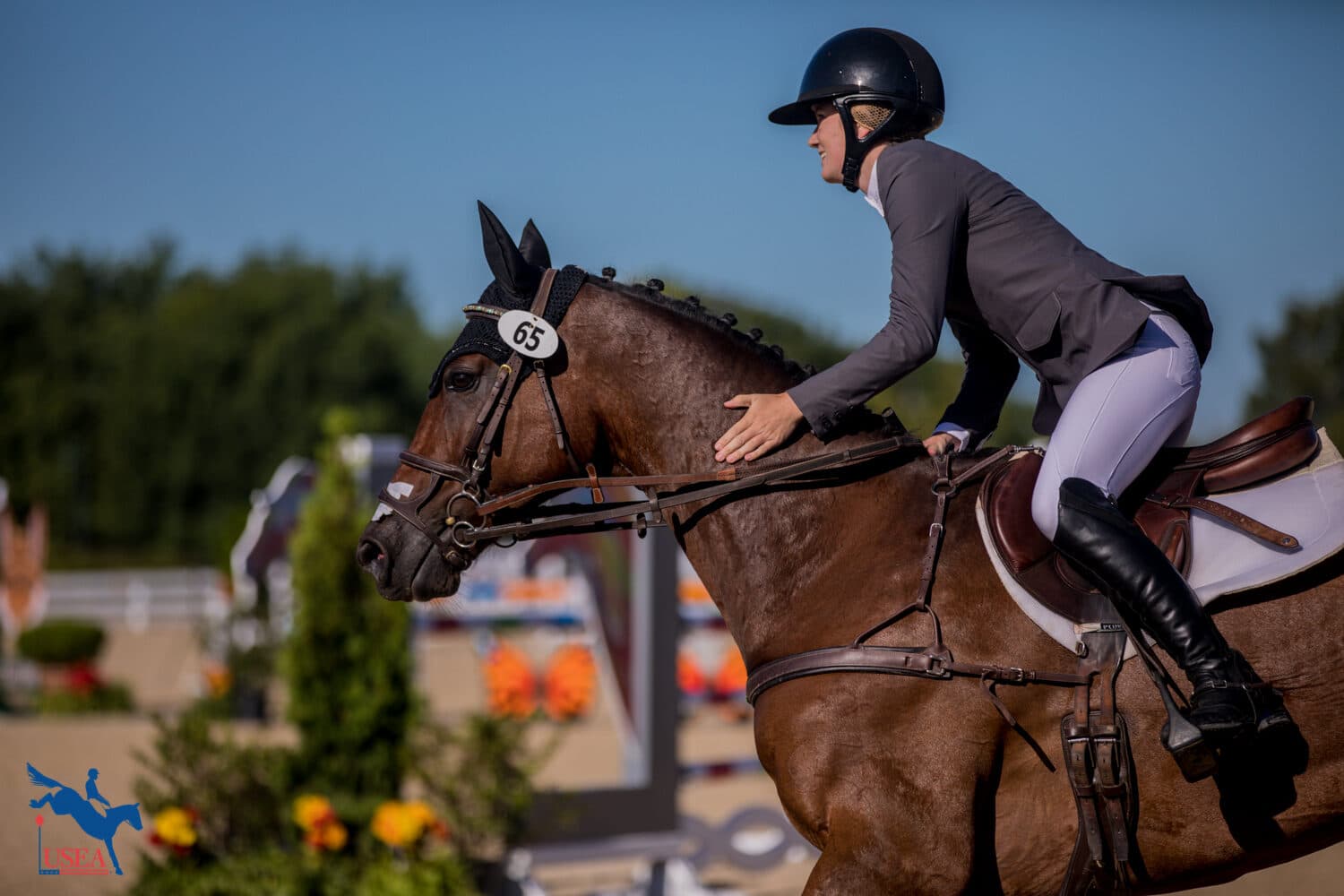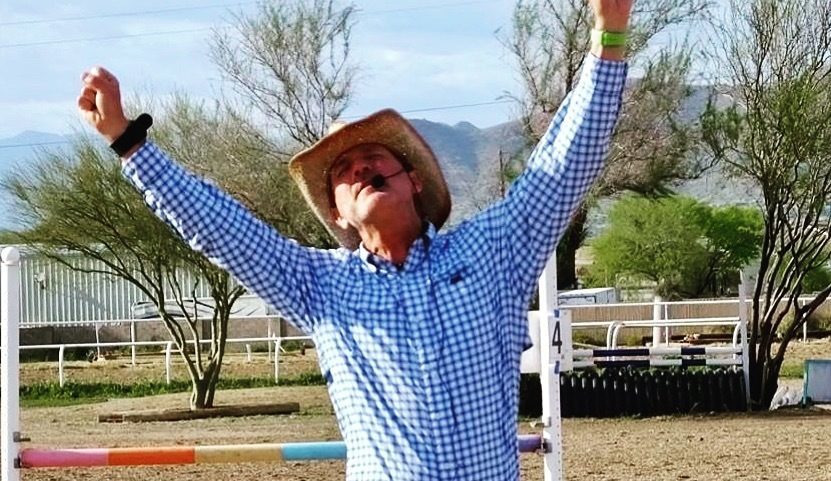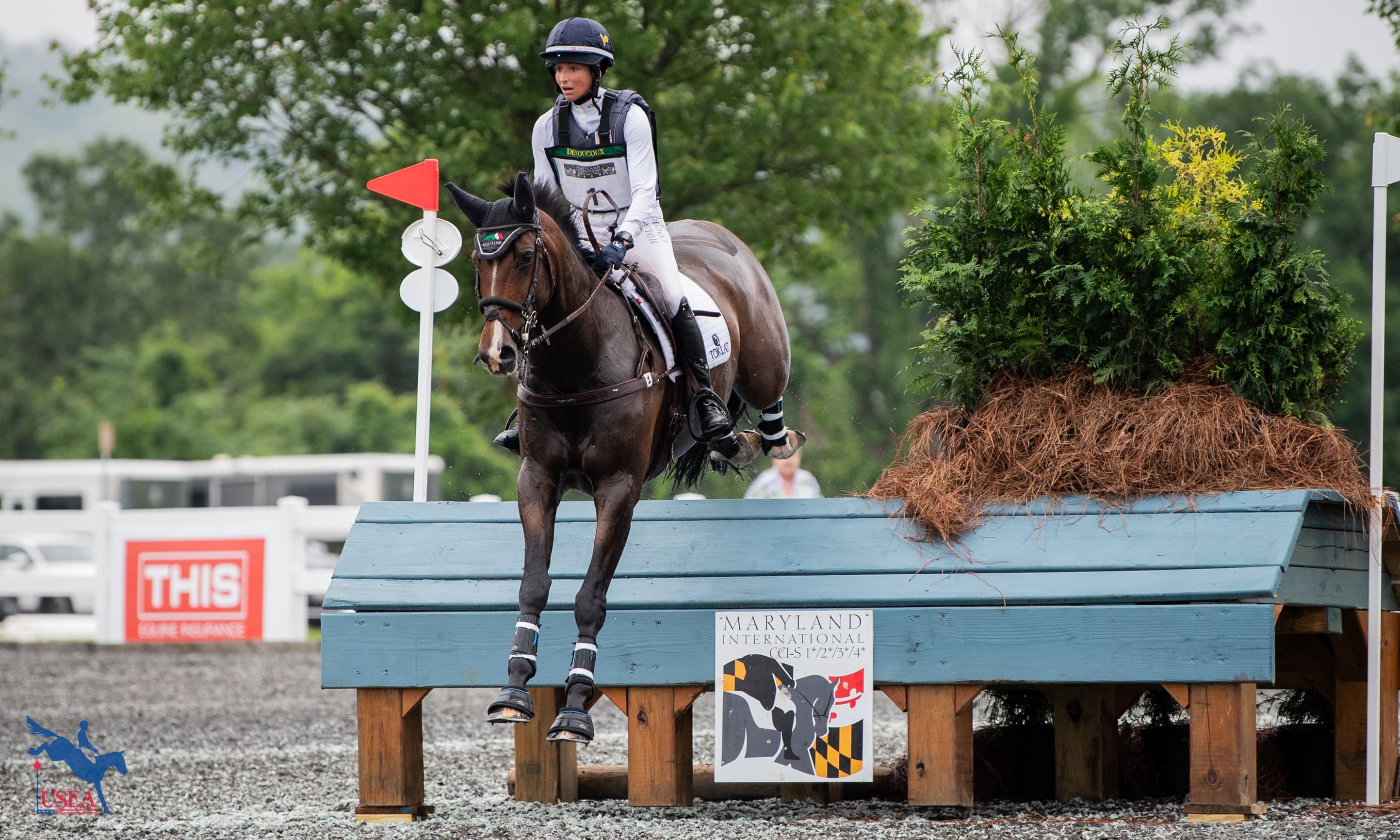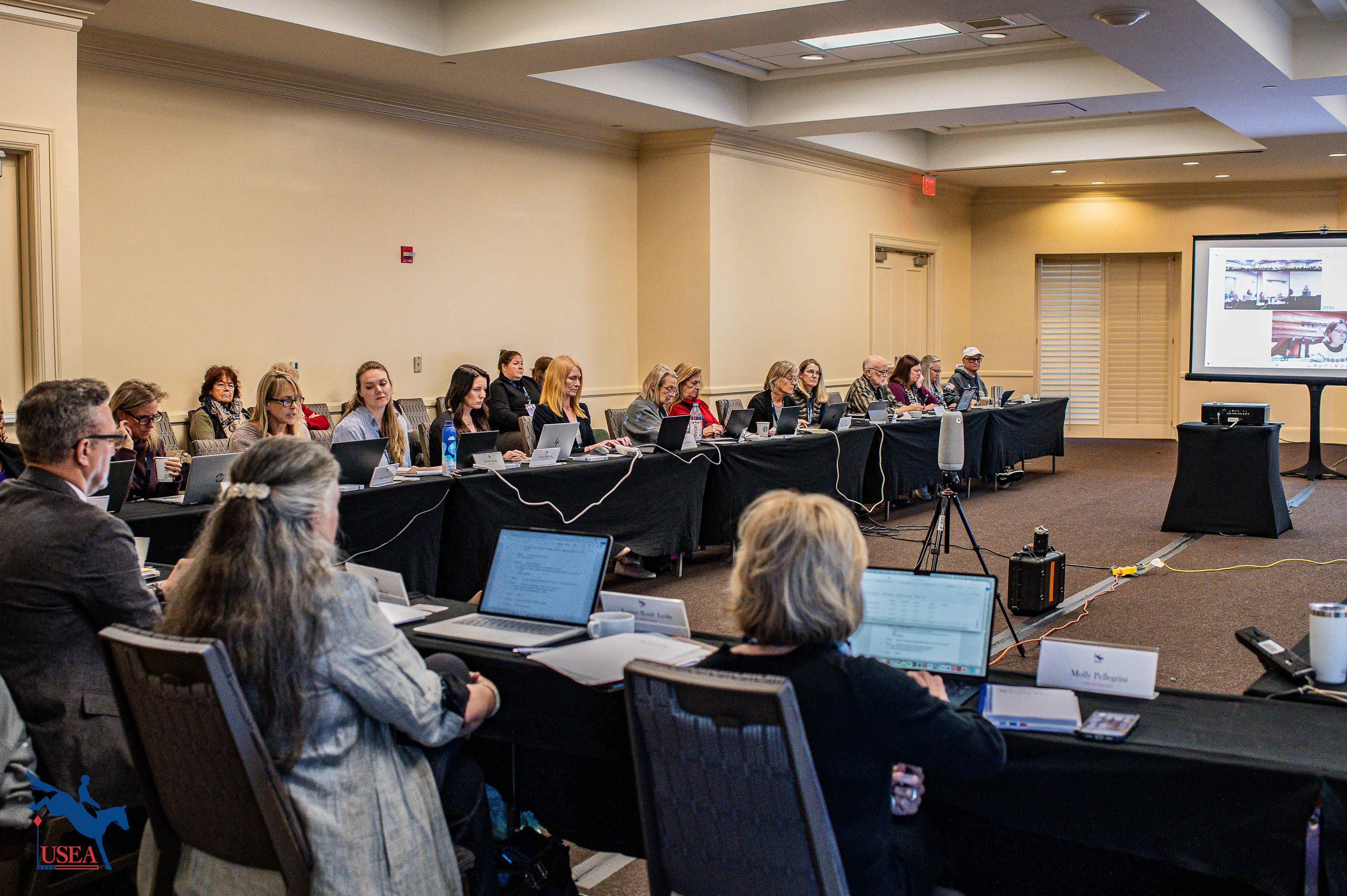Daniel Stewart's Tip of the Month: Having Faith in Failure

One day you’re going to do everything right and it’ll still go wrong. You’ll give 100 percent but come up short. You’ll do your best, but your best won’t be good enough.
I know how these statements sound, but believe it or not, they’re neither negative or pessimistic, and they’re not a comment on my belief in your ability to succeed. They’re simply a fact. Not because you’re not good enough, or talented enough, or smart enough; but because becoming your best doesn’t always mean you’re going to be the best, at your best, or better than the rest. Failure is in your future, and it’s just as important to your development and growth as a rider as are all of your successes.
It’s been my experience that a major difference between riders who struggle and those who succeed is their perception and response to failure. Successful riders just seem to have the ability to avoid taking failure personally. They don’t blame themselves or think they’re worthless, and they don’t let it affect their self-esteem or self-worth. They simply see it as a temporary setback, a question that needs to be answered, a part of learning that might be a bit perplexing but never permanent.
Doing the Right Thing When the Wrong Thing Happens
Most riders who struggle with failure don’t actually struggle with the failure itself, but with the false and defeating belief that they are “the failure” - using the word to define themselves rather than the situation. This is called labeling and is what causes so many riders take failure personally, blame it on others, act out with anger, become pessimistic, and feel hopelessness. Together these emotions often create a fear of failure which causes many riders to withdraw from future challenges as a way of avoiding the possibility of feeling like a failure again. It goes without saying that developing a little faith in failure is a pretty important conversation, so starting this month, and continuing for several months, let’s talk about failure and all its and possible strengths and solutions.
Take Yourself Out of the Equation
The first step in developing a faith in failure is to “dissociate” yourself from the failure, no longer defining - or associating - yourself with it, but instead reminding yourself that failure is only event or a moment (not a person), one that’s bound to occur from time to time when working outside your comfort zone, and one that provides you with helpful and important information, even though it might come in a bit of an unexpected way.
It’s been said that struggle builds strength, and luckily, failure is the perfect vehicle for delivering that struggle. One way you can create faith in failure is to get into the habit of allowing yourself something called a failure quota. A set number of failures per ride, lesson, or show; knowing that when you pull your expectations away from perfection, you’ll be less threatened by the failures and, therefore, better able to accept and learn from them. Start with a quota like four or five, and then add or subtract a few if the skills you’re working on are particularly easy or complex. You might just be surprised at how liberating it can feel to no longer be surprised and disappointed by failures, finally realizing that they aren’t the opposite of success, they’re a part of it, but not a part of you.

I hope you enjoyed this month’s tip and look forward to more messages in the coming months about building faith in failure, and that I’ll get the chance to teach you in one of my upcoming clinics - or that you’ll consider joining my four-day Equestrian Training Camp in Sarasota Florida from December 27-30, 2019. For more information visit www.pressureproofacademy.com.














